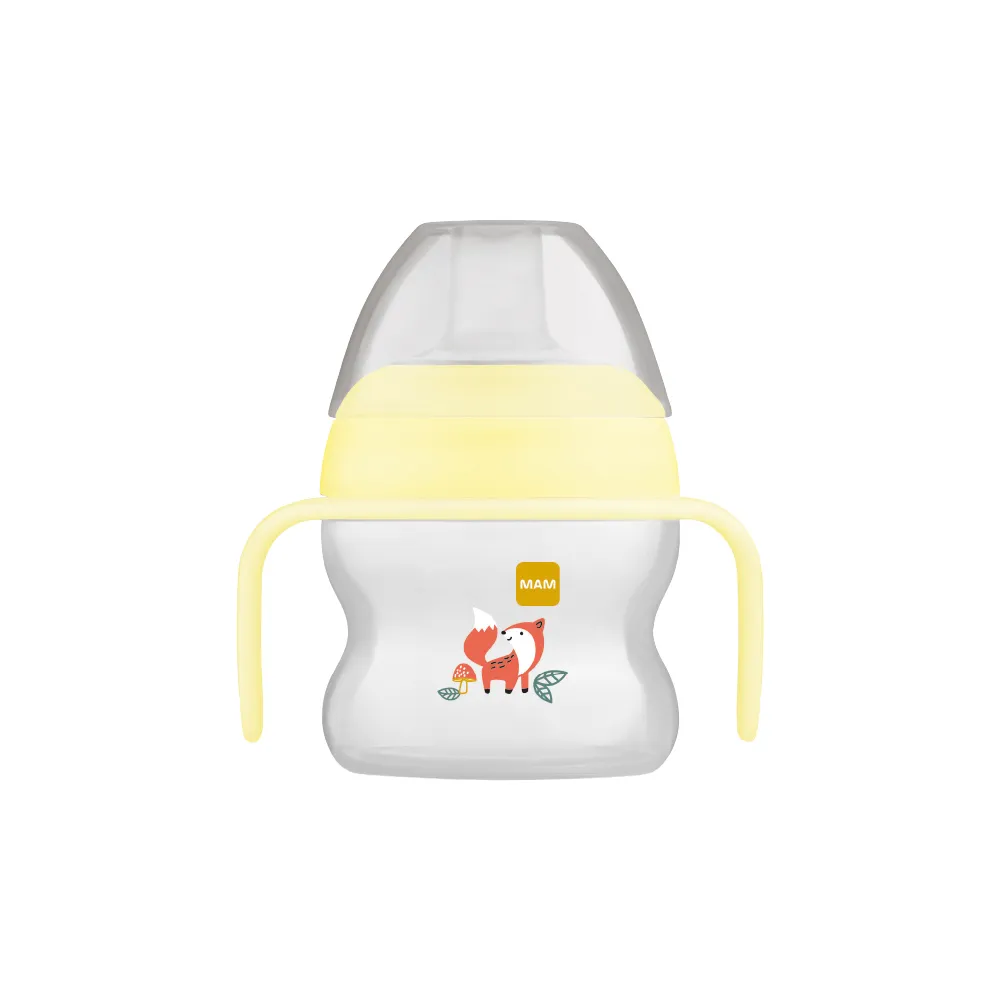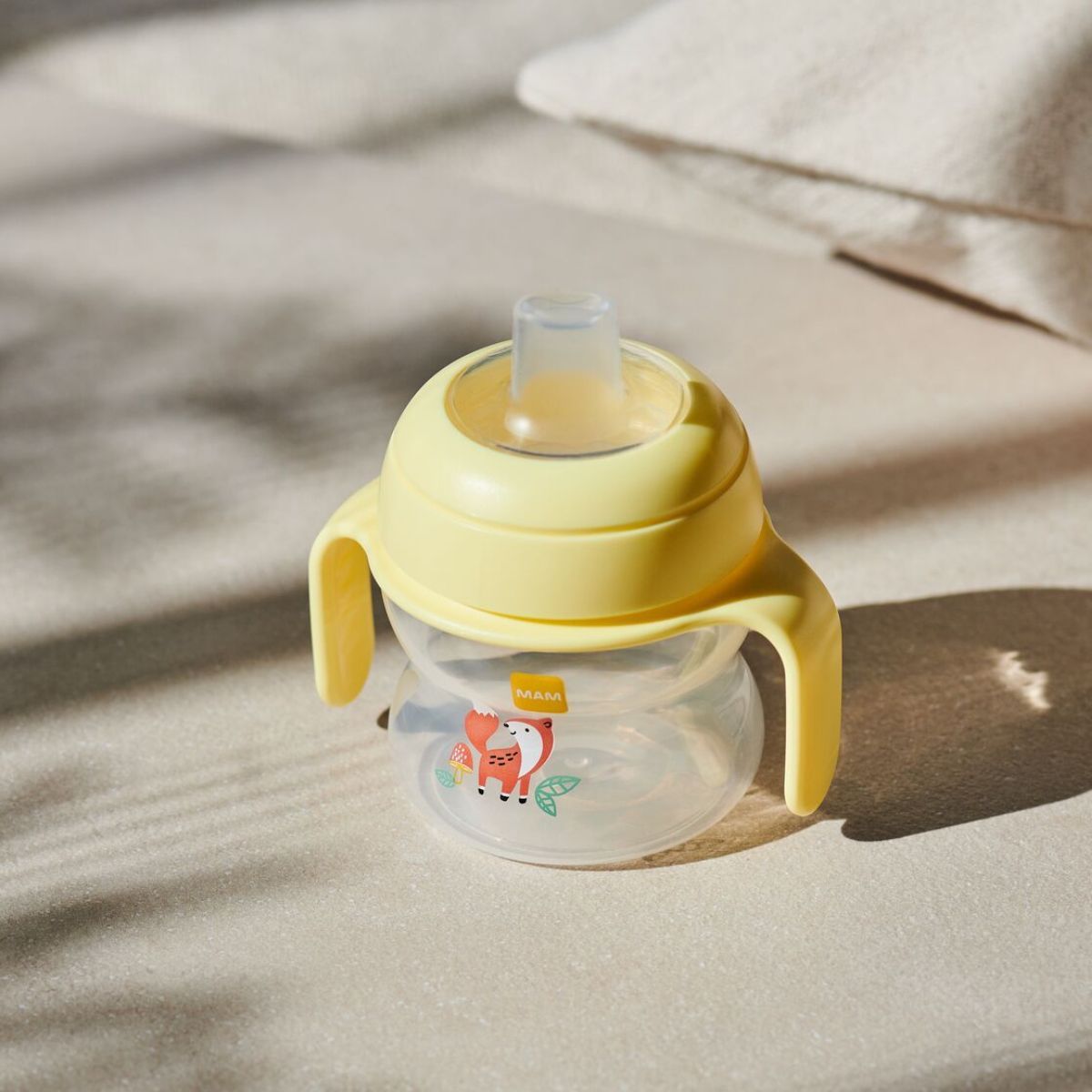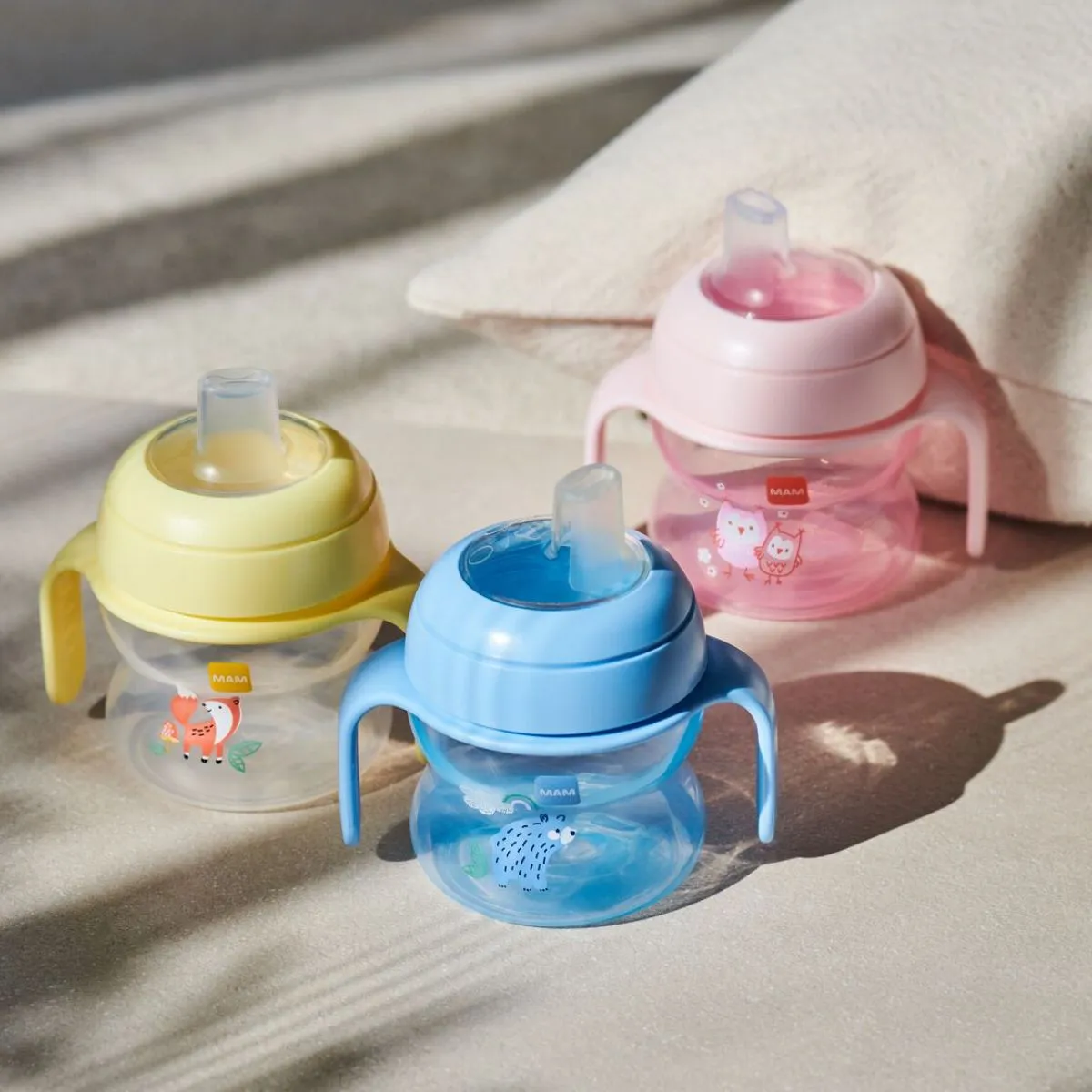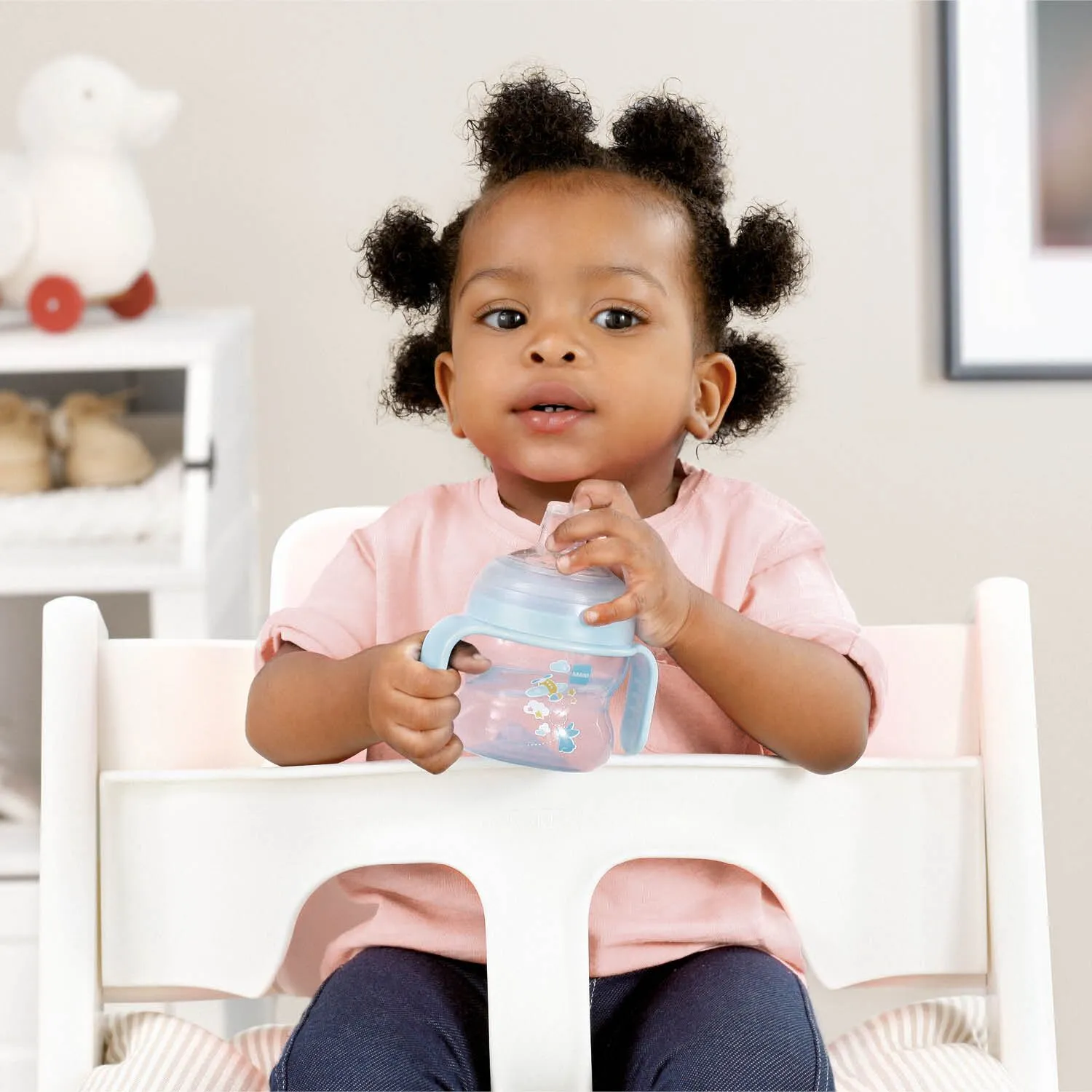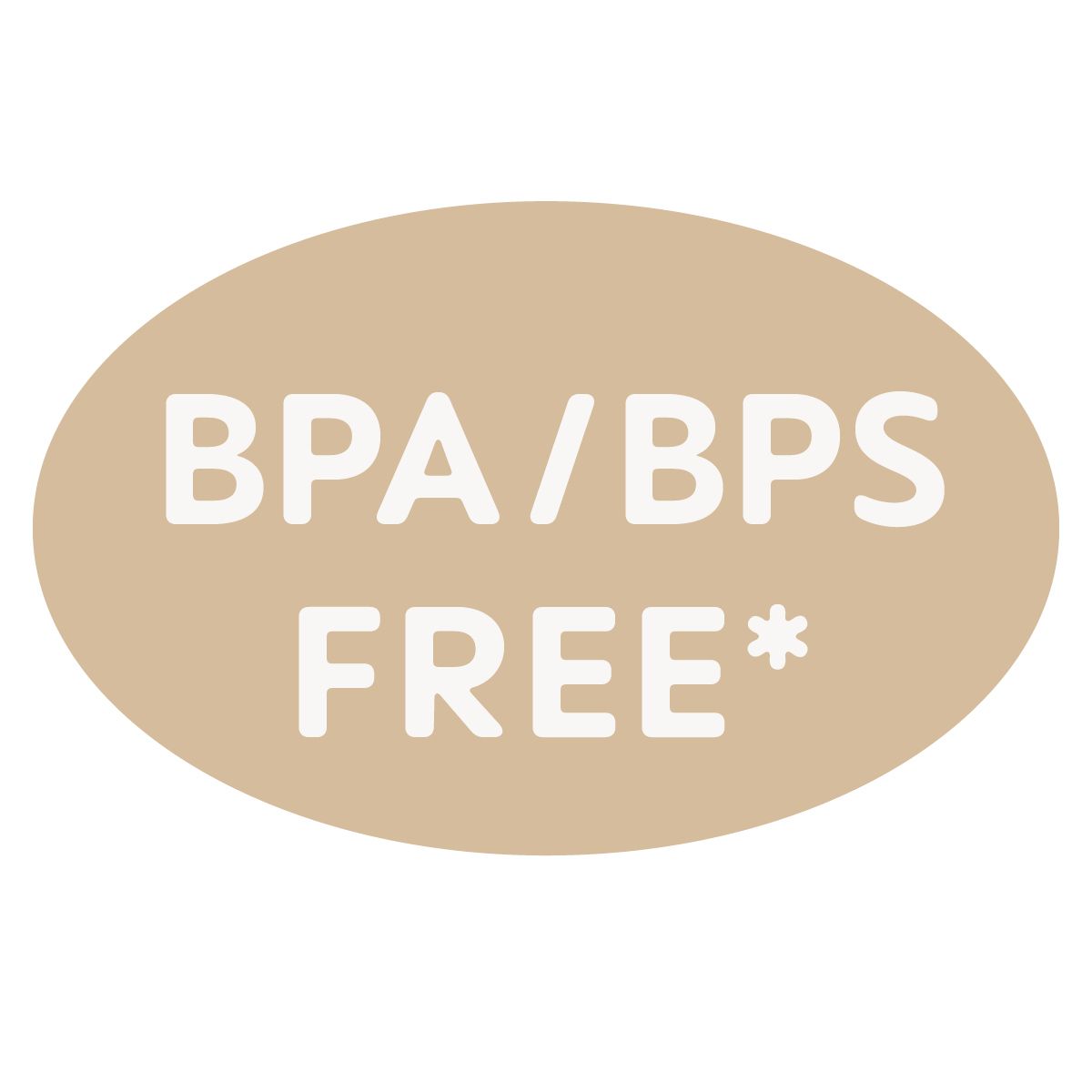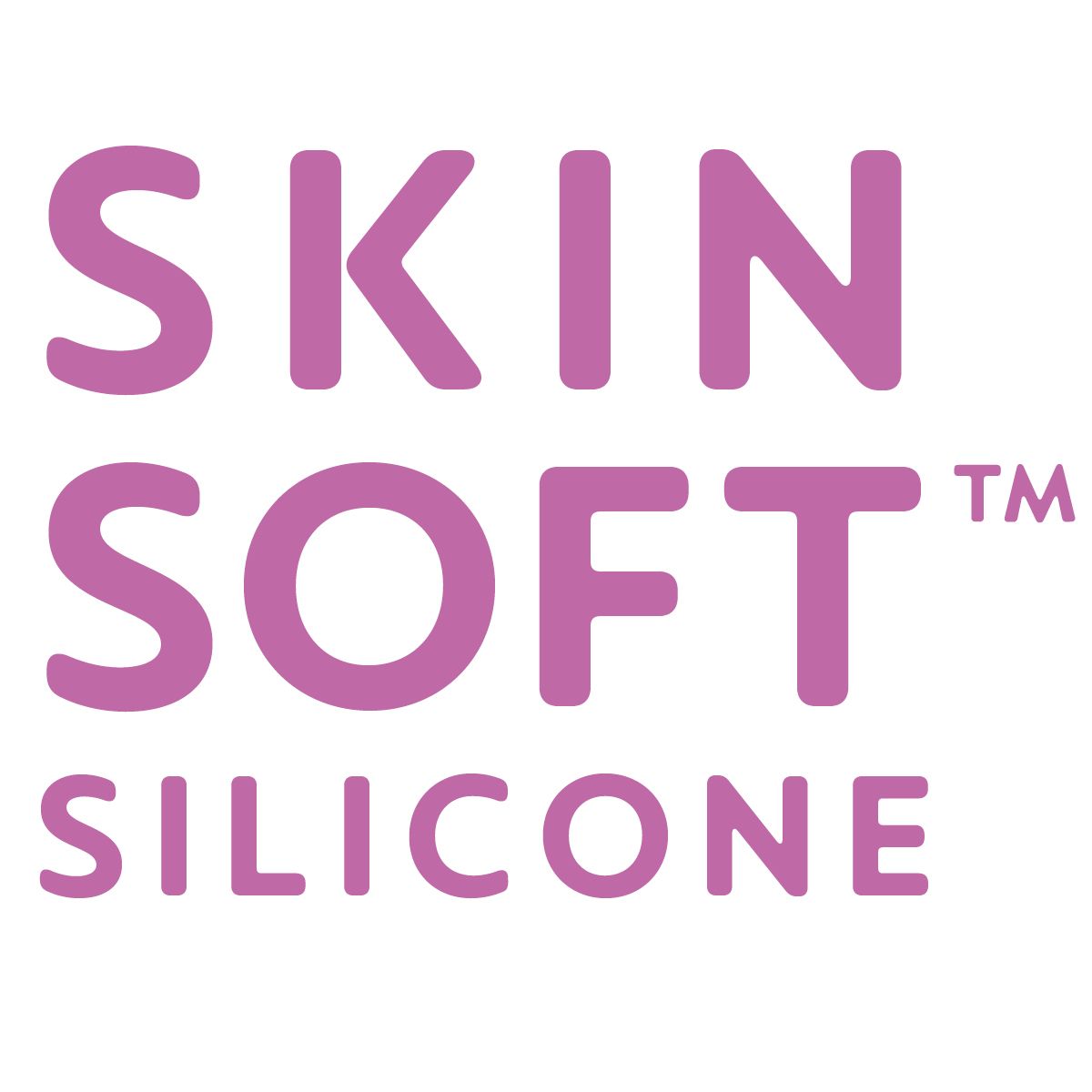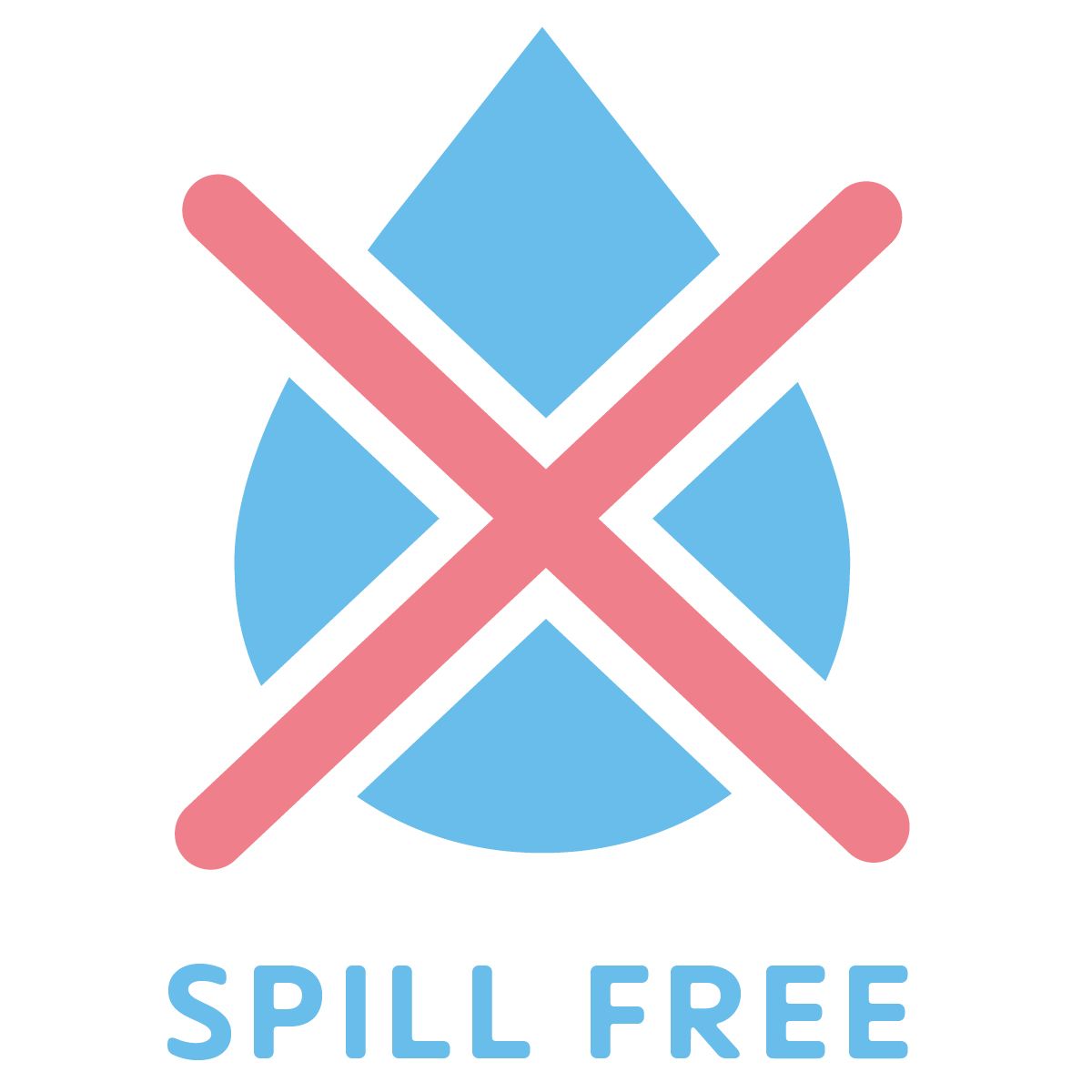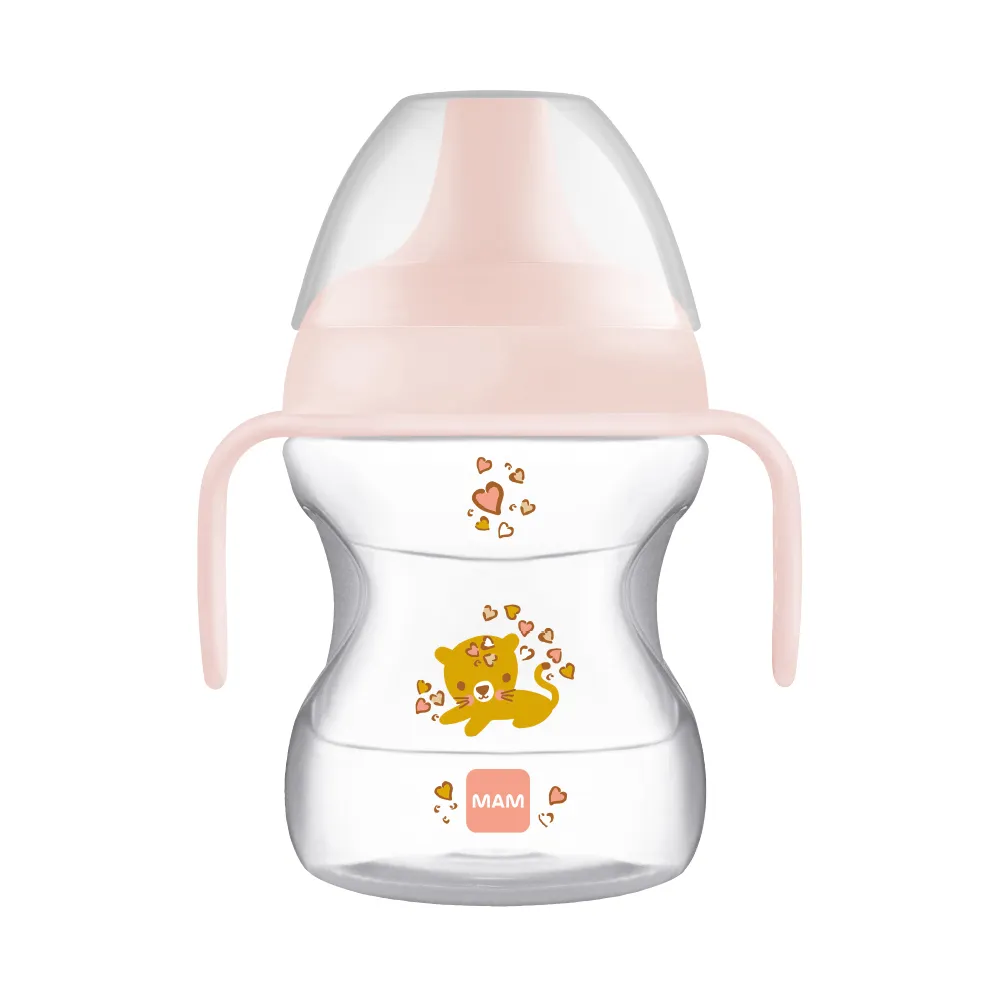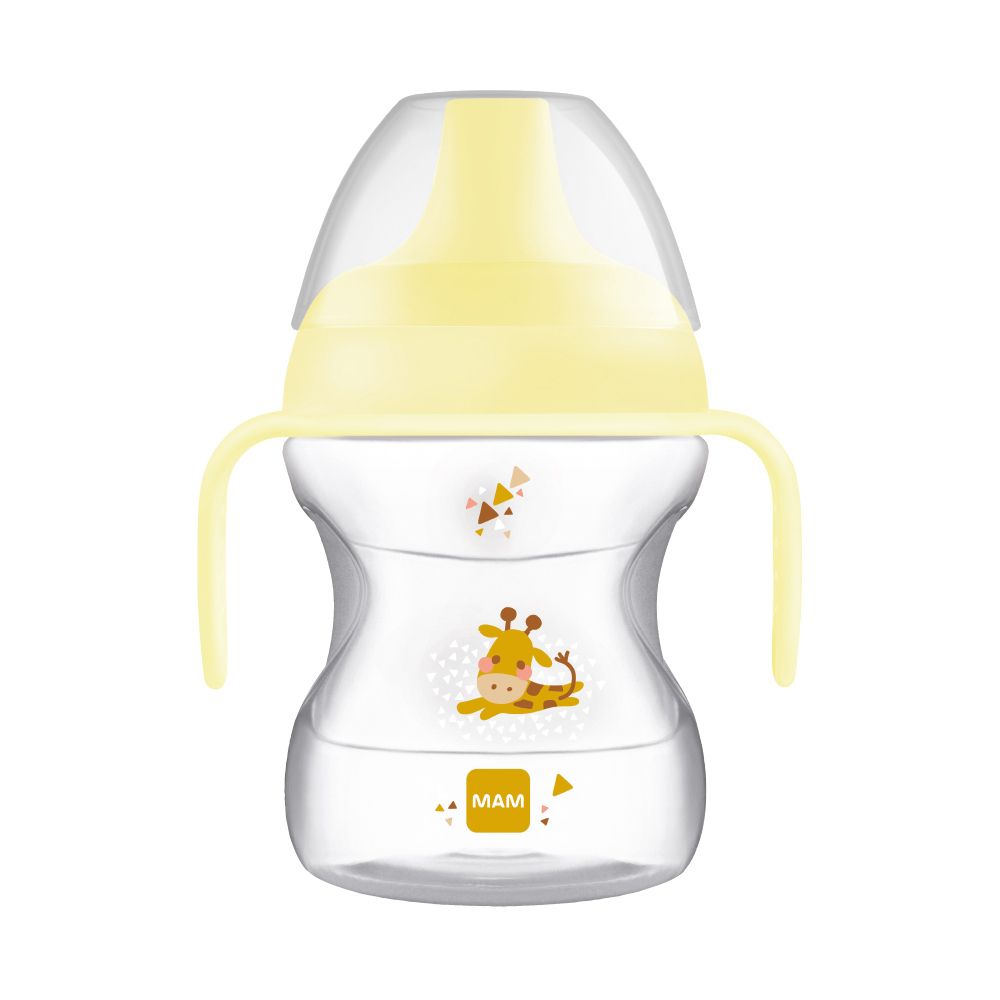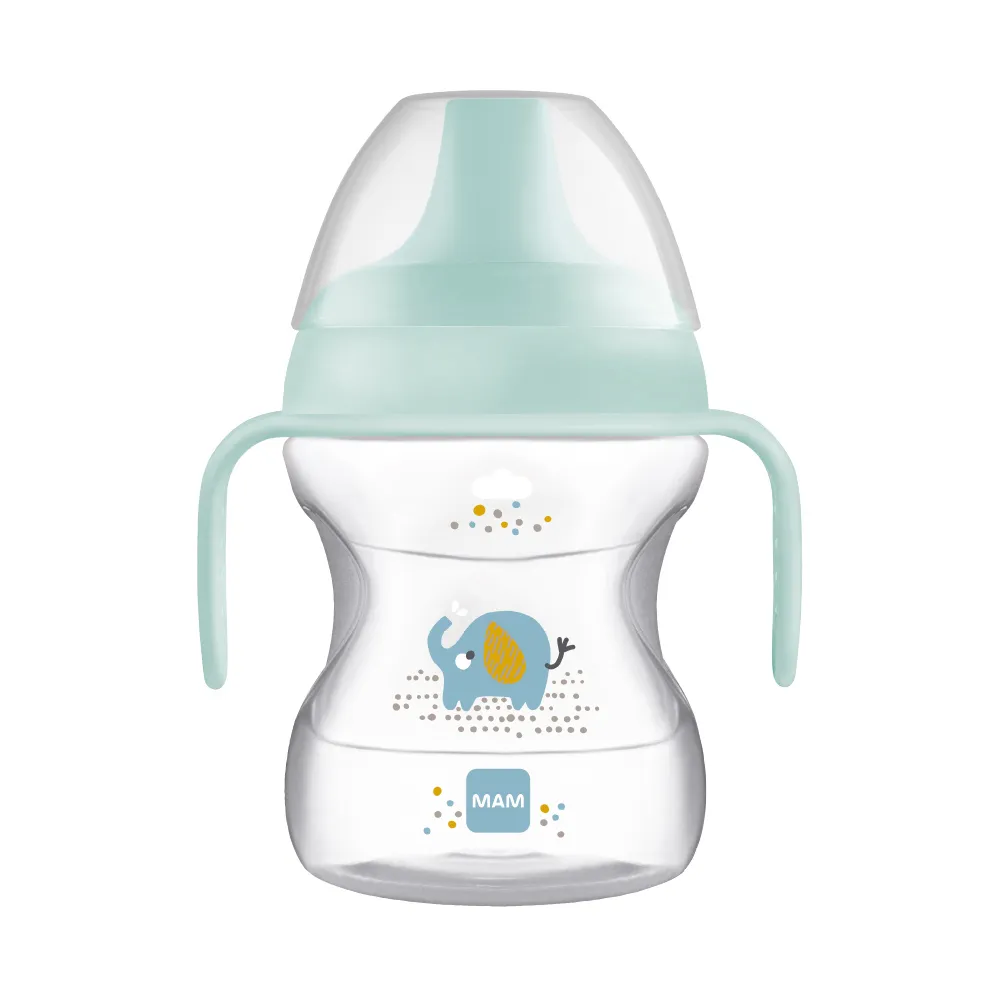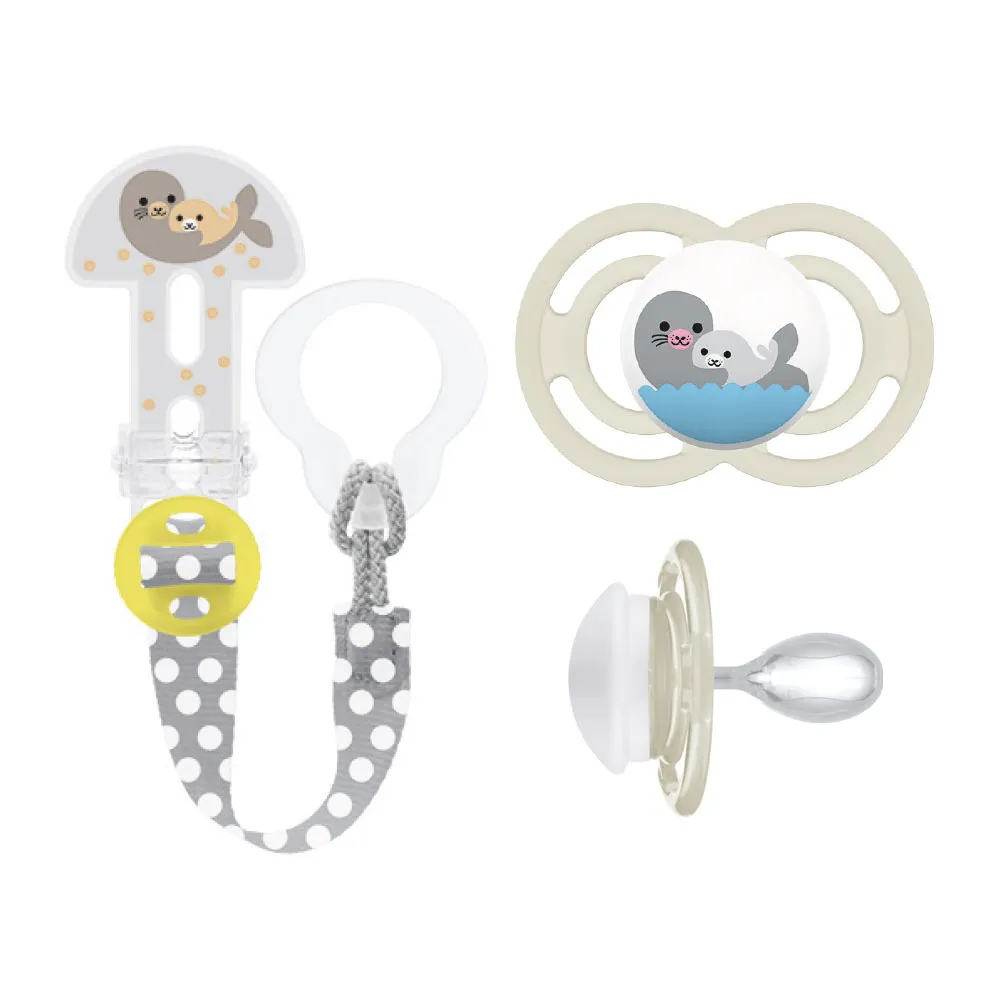Starter Cup 150ml 4+ months
Todo comienzo es fácil. Desarrollado conjuntamente con Pedagogos, los diseñadores de MAM han creado el primer vaso ideal para cubrir las necesidades de los más pequeños
- 150 ml - Especialmente ligero, ergonómico y por lo tanto fácil de sostener para los bebés
- Las asas antideslizantes se adaptan a todos los vasos MAM
- Boquilla antiderrames y especialmente blanda
- Los bebés pueden controlar por sí solos el caudal

1. BOQUILLA EXTRA BLANDA
Antiderrames – adaptación ideal a las habilidades del bebé / Permite a los bebés controlar el flujo
2. ASAS
Antideslizantes donde se necesita - ¡en el interior! – para un agarre instantáneo. La forma ergonómica se adapta perfectamente a las manos pequeñas.
3. DISEÑO MAM
Ligero y curvado en la cintura – fácil de agarrar por los bebé. Compatibilidad en toda la gama – ¡todas las partes de los vasos MAM son intercambiables!
| Color: | Arctic Blue, Quartz Rose, Sorbet Green |
|---|---|
| Etapas de la vida: | 4+ meses |
| Size: | 150ml |
Four-month-old babies love drinking from a cup. The MAM Cup range provides them with the ideal support here. This will ensure that baby makes the perfect transition from breastfeeding or bottle feeding to independent drinking.
Bisphenol A (BPA) is an important component for the manufacturing of polycarbonate (PC), whereas Bisphenol S (BPS) is an organic chemical used to make polysulfone. Among other items, food packaging, plastic utensils and baby bottles are just a few examples of products made with PC, whereas the main usage of BPS is in thermal papers and inks. The problem: Trace amounts of chemical substances gradually leach out of the plastic into the food and might eventually get into the body. This can affect small children and infants in particular.
As a result of exposure to BPA, experts and studies have seen disruptions to the hormone system and brain, diabetes and heart damage as well as an increased risk of cancer. Although scientific evidence is not yet conclusive, the European Commission - based on the precautionary principle - has banned the usage of BPA in baby bottles in order to protect the health and safety of babies and small children.
¿Otras preguntas?
Escríbenos y te responderemos lo antes posible
ESCRÍBENOS
